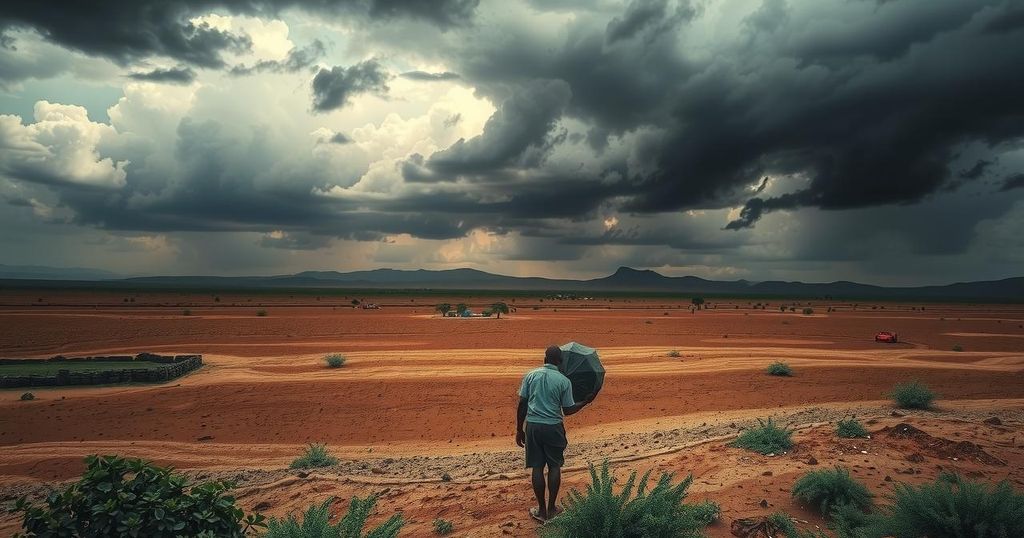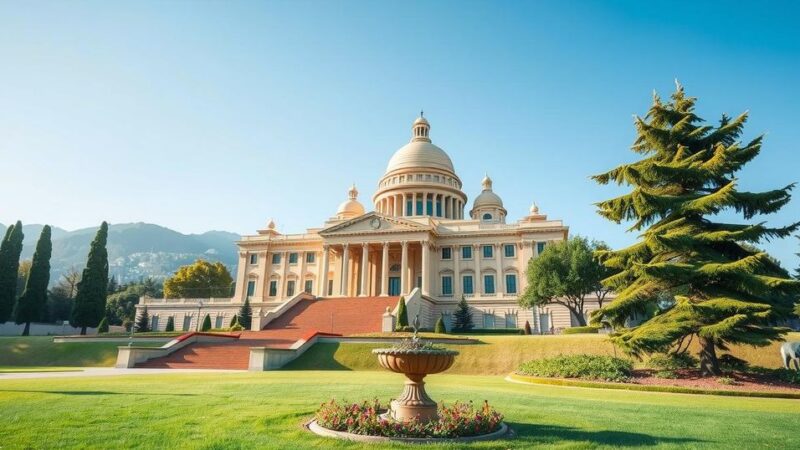The U.S. has revoked visas for all South Sudanese citizens, citing the government’s failure to timely accept citizen returns. The country faces imminent civil war and lacks basic services, relying heavily on aid which has been reduced. The political climate remains tense due to longstanding rivalries and recent conflicts. U.N. officials express grave concerns over resurgent violence and the humanitarian crisis in South Sudan.
The revocation of visas for all South Sudanese by the United States marks a significant reversal in U.S. policy towards the nation. Once celebrated for its independence in 2011, South Sudan now faces the threat of civil war and challenges in providing basic services to its population, which remains heavily reliant on foreign aid. The U.S. administration has cited the South Sudanese government’s inability to accept the return of its citizens in a timely manner as the reason for this abrupt decision.
Following the first signs of conflict in 2013, civil war erupted in South Sudan just two years after its formation, leading to the deaths of hundreds of thousands. Pope Francis even took the historic step of beseeching the warring leaders for peace by kissing their feet. Despite a fragile peace agreement established in 2018, the country has yet to conduct a long-overdue presidential election, and key political tensions endure.
The capture of a military garrison by a militia linked to opposition leader Riek Machar has escalated threats of renewed conflict. Following Machar’s recent arrest and detentions of his allies, his political party declared the peace agreement effectively null and void. U.N. Secretary-General Antonio Guterres expressed grave concerns about the situation, drawing parallels to previous civil wars marked by significant losses of life.
With ongoing reliance on oil production, South Sudan’s economic landscape is hindered by widespread corruption. Payments to civil servants are often delayed, further exacerbating the plight of the populace. Additionally, the ongoing conflict in neighboring Sudan spills over, increasing internal instability, with climate-related disasters causing further challenges to education and health services in one of the world’s most compromised nations.
The recent U.S. visa decision contrasts sharply with previous support for South Sudan’s leadership. American educational opportunities had long been available to South Sudanese students; however, uncertainty now looms over the status of these individuals. As Deputy Secretary of State Christopher Landau clarified, the revocation centers upon a particular individual that South Sudan has refused to accept, with visa issuance to cease until the situation improves.
The revocation of visas for South Sudanese by the United States underscores the growing instability within South Sudan and reflects a drastic shift in U.S. relations with the country. The potential return of South Sudanese citizens to a conflict-ridden environment highlights the dangers posed by political tensions and a failing government. As essential services crumble and foreign aid diminishes, the outlook for South Sudan remains increasingly dire, necessitating urgent international attention and support.
Original Source: spectrumlocalnews.com






